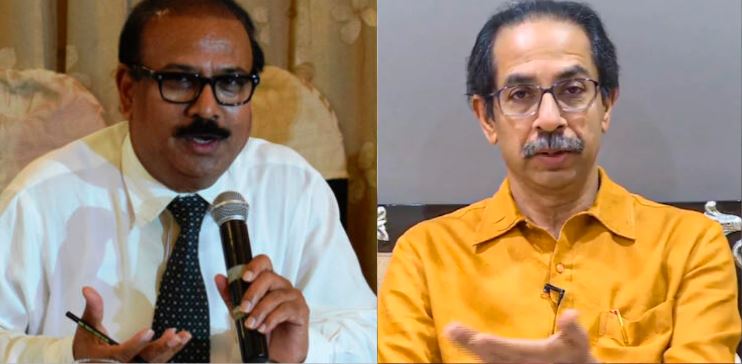Last week, the Bombay High Court bench of Justices Kamal Kishor Tated and Nitin Borkar permitted Hyderabad based Bharat Biotech’s associated company Biovet Private Limited to take possession of a fully operational and ready-to-use vaccine manufacturing plant on a 12-hectare plot in Pune to produce Covaxin. The decision comes after a lot of tug of war between Biovet and the Maharashtra government as the latter gave one excuse after another to stall the process.
The division bench allowed Biovet’s interim application in a petition challenging the Forest Department’s decision to disallow them from restarting a manufacturing unit on forest land.
When Biovet sought the Maha Vikas Aghadi government’s approval to the transfer, the deputy conservator of forests (Pune division) allegedly at the behest of CM Uddhav Thackeray pointed out that it was a reserved forest and the initial 1973 grant itself was bad. Subsequently, Biovet was forced to file a petition in HC challenging the version of the Forest Department.
After granting the permission, the bench also issued a specific directive to the chief conservator of forests, the district collector and other concerned authorities to ensure that mandatory permissions and clearances are given to Biovet within a reasonable time to enable the firm to start manufacturing the vaccine at the earliest.
Bharat Biotech is currently producing the second indigenous Covid vaccine of the country named Covaxin. To ramp up the production, the company sought to use the facility which earlier used to manufacture vaccine for Foot and Mouth Disease. It is also imperative to note that Intervet is exiting business operations in India and had already entered into an agreement with Biovet to transfer the land and manufacturing unit to the latter. Intervet’s counsel during the court hearing also submitted that the unit should be kept running.
According to a TOI report, RD Soni, appearing for Biovet, argued that the unit and machinery was lying idle due to delay in handing over possession of the land. He also told the court the company would not claim any equity in respect to the land in question. The company also submitted an undertaking stating it would use the unit to manufacture Covaxin.
Even in times as unprecedented as these, the Advocate General, Ashutosh Kumbhakoni, representing the Maharashtra government seemed more focused on where the ownership of the land lied.
At first, the Advocate General argued the case of the Forest Department but upon the decision of the court granting permission, he told the court that the government had no objection if the company used the unit for manufacturing lifesaving vaccines, including Covaxin but Biovet should not claim any right, title and interest in future on the land.
Covaxin’s efficacy has been tried and tested against the new mutant Indian strain and thus in addition to Covishield, it is necessary that the production be ramped up. The company has already announced that it is looking to increase its capacity to 700 million vaccines annually.
Only if the Uddhav administration in Maharashtra had granted the permission earlier without forcing the company to go to court, the production would have begun in the Intervet’s facility by now.
